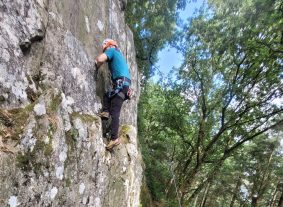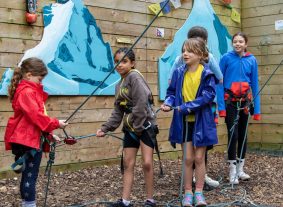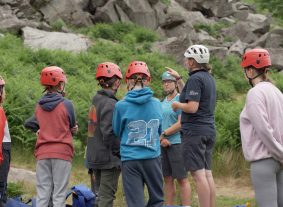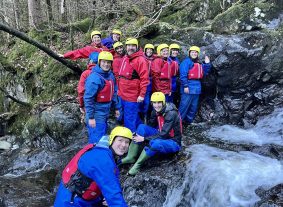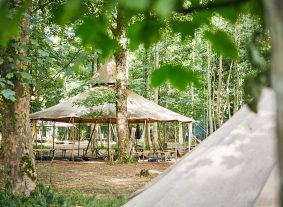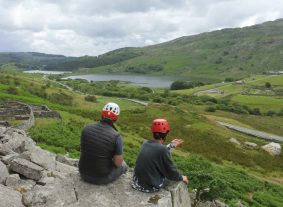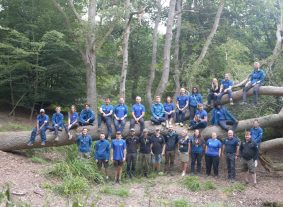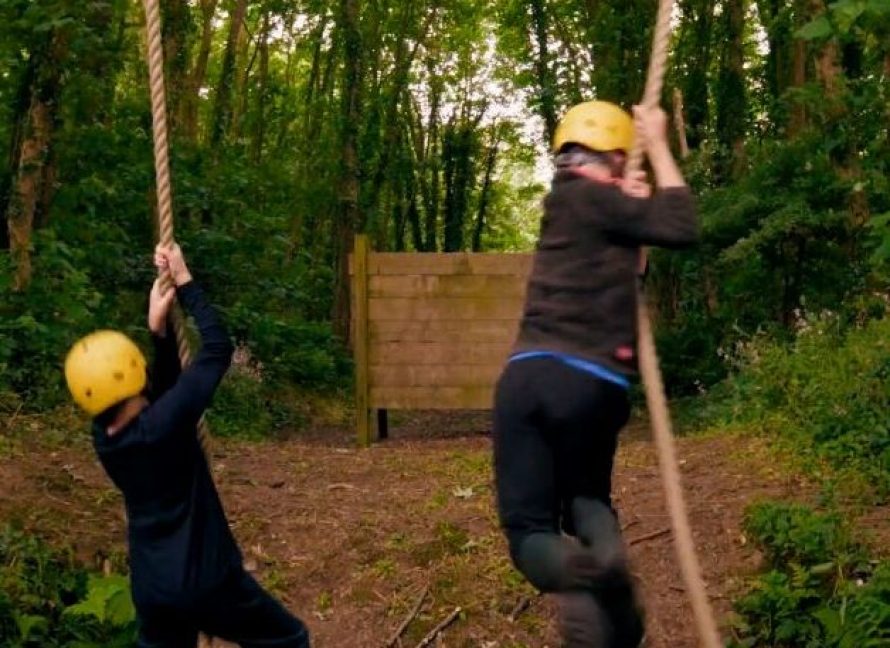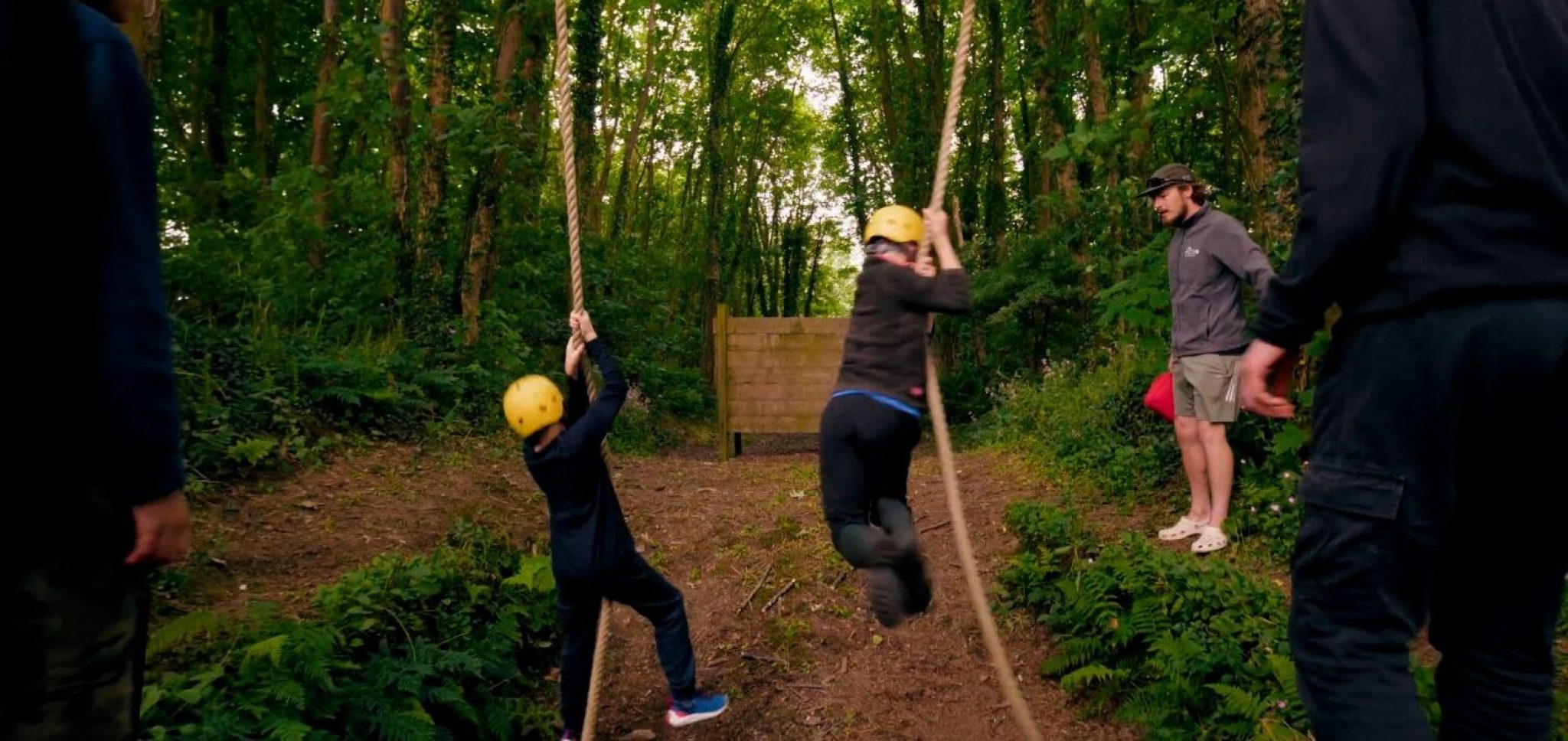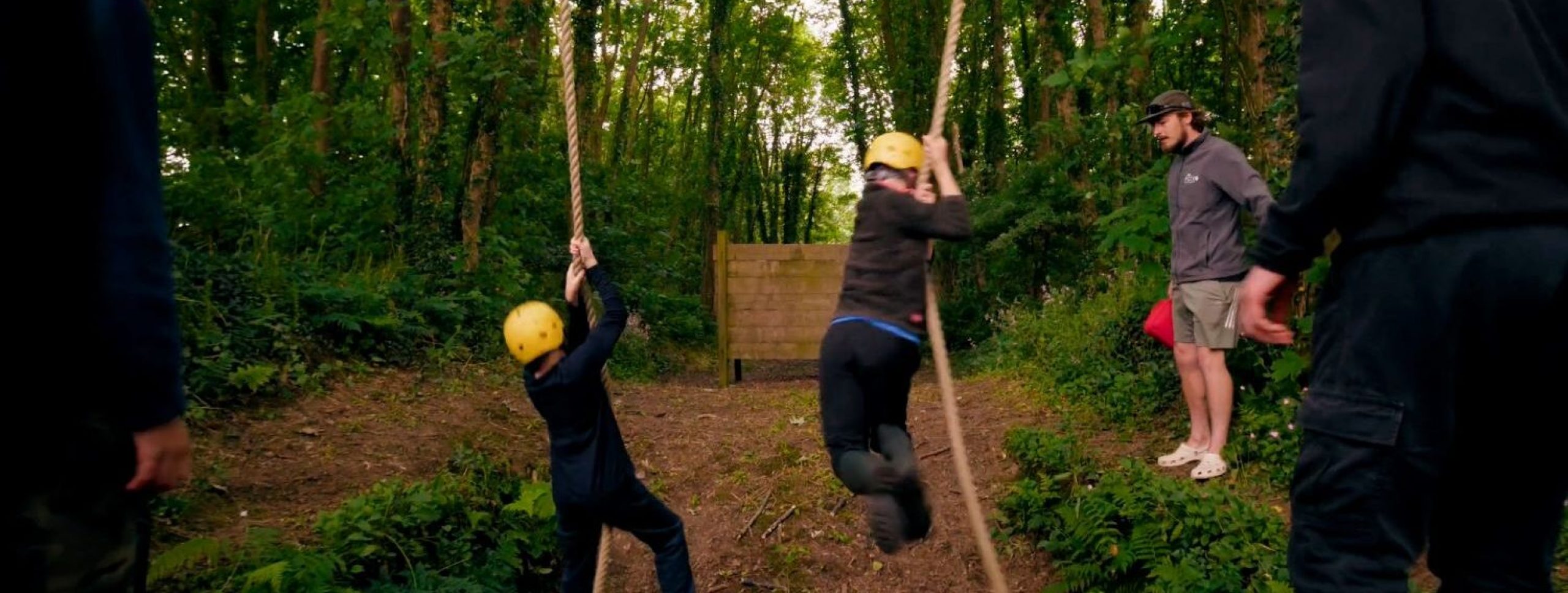In today’s fast-paced, technology-driven world, developing resilience in young people has never been more critical. Students face academic pressures, social expectations, and the demands of an increasingly digital environment. One of the most effective ways to foster resilience — the ability to bounce back from adversity and remain persistent in the face of challenges — is through hands-on, outdoor learning experiences.
The Power of Challenge in Learning
Challenges are integral to growth, but they can be difficult to simulate within the confines of a traditional classroom. Outdoor learning centres, however, create environments where students can encounter real-life challenges that require critical thinking, problem-solving, and perseverance. From conquering physical obstacles to navigating social dynamics, these experiences are designed to push students beyond their comfort zones.
Here are some key challenges students face at outdoor learning centres — and how these challenges help them develop resilience.
- Physical Challenges: Building Strength Through Action
Outdoor learning often includes physically demanding activities like hiking, rock climbing, zip-lining, or navigating obstacle courses. These challenges can be daunting for students, especially those unaccustomed to strenuous physical activity. However, physical challenges push students to stretch their limits and demonstrate perseverance.
When a student faces the daunting task of scaling a rock wall or crossing a high-ropes course, they may feel overwhelmed at first. But with the guidance of instructors and encouragement from peers, they begin to recognise their ability to push through fatigue, fear, and self-doubt. Overcoming these physical barriers teaches them that they are stronger than they realise, both mentally and physically.
Physical challenges develop grit and determination. As students learn to manage discomfort and push themselves further than they thought possible, they build confidence in their abilities, reinforcing the idea that persistence leads to success.
- Problem-Solving Challenges: Developing Critical Thinking and Adaptability
Outdoor learning centres are often designed with tasks that require problem-solving, such as orienteering, survival scenarios, or group challenges that need collaboration. These activities present mental puzzles that challenge students to think on their feet, make quick decisions, and adapt when things don’t go according to plan.
Take orienteering, for example. Students are tasked with using maps and compasses to navigate unfamiliar terrain. It’s easy to get lost, and panic can set in. However, the experience teaches students how to remain calm under pressure, evaluate their surroundings, and come up with a plan. These activities encourage students to think critically, trust their instincts, and work through setbacks, whether that’s taking a wrong turn or encountering an unexpected obstacle.
Problem-solving challenges promote adaptability and flexible thinking. Students learn that setbacks are opportunities to try new approaches rather than reasons to give up. By working through these problems, they enhance their ability to cope with uncertainties and thrive in unpredictable situations.
- Emotional Challenges: Facing Fears and Building Emotional Regulation
Fear is a natural part of challenging experiences, especially in outdoor activities that involve heights, water, or navigating unfamiliar terrain. Many students are pushed to confront personal fears — whether that’s a fear of failure, heights, or being away from familiar environments.
Take a high ropes course, for example. Standing high above the ground, strapped into a harness, and facing a precarious walk across a thin wire can trigger significant anxiety. However, students are encouraged to face their fears, often with the support of their peers and instructors. As they take one step after another, they learn to manage their emotions, channel their fear into focus, and build self-regulation skills.
Emotional challenges teach students how to handle fear, anxiety, and frustration. By learning to manage and overcome these emotions, they develop emotional resilience, a crucial skill for navigating life’s inevitable stresses and anxieties.
- Social Challenges: Fostering Collaboration and Leadership
Outdoor learning centres are often designed to foster group collaboration, where students must work together to complete tasks or solve problems. Group activities like team-building exercises, survival scenarios, and trust-building tasks require communication, compromise, and sometimes, stepping into leadership roles.
These social challenges can be just as daunting as the physical and mental ones. For some students, taking on a leadership role or expressing their ideas to a group might be outside their comfort zone. Others may need to navigate conflicts or disagreements within their team. However, through these social interactions, students develop skills in empathy, communication, and conflict resolution.
Social challenges promote interpersonal resilience by teaching students how to navigate group dynamics, work effectively with others, and lead when necessary. The ability to cooperate and resolve conflicts is a key component of emotional intelligence and resilience.
- Learning to Fail: The Most Important Lesson of All
One of the most important aspects of outdoor learning is that it normalizes failure. Not every student will successfully climb the rock wall on their first try, and not every group will complete their team challenge perfectly. But failure is not seen as a dead end — it’s viewed as a learning opportunity.
At outdoor learning centres, students are encouraged to try again, reflect on their mistakes, and approach challenges with a new perspective. This process teaches students that failure is not something to be feared, but an essential part of growth and learning.
Learning to fail gracefully is a cornerstone of resilience. By recognizing that setbacks are temporary and surmountable, students become more persistent, less afraid of taking risks, and more willing to try new things without the fear of making mistakes.
A Stronger Future Through Outdoor Learning
At outdoor learning centres, students are presented with a variety of challenges that help them grow in ways that aren’t always possible in a traditional classroom setting. These skills not only help them succeed academically but also equip them to face future life challenges with confidence and perseverance. Through challenge, students discover their strength, and in doing so, they become prepared to thrive in any environment life throws their way.
